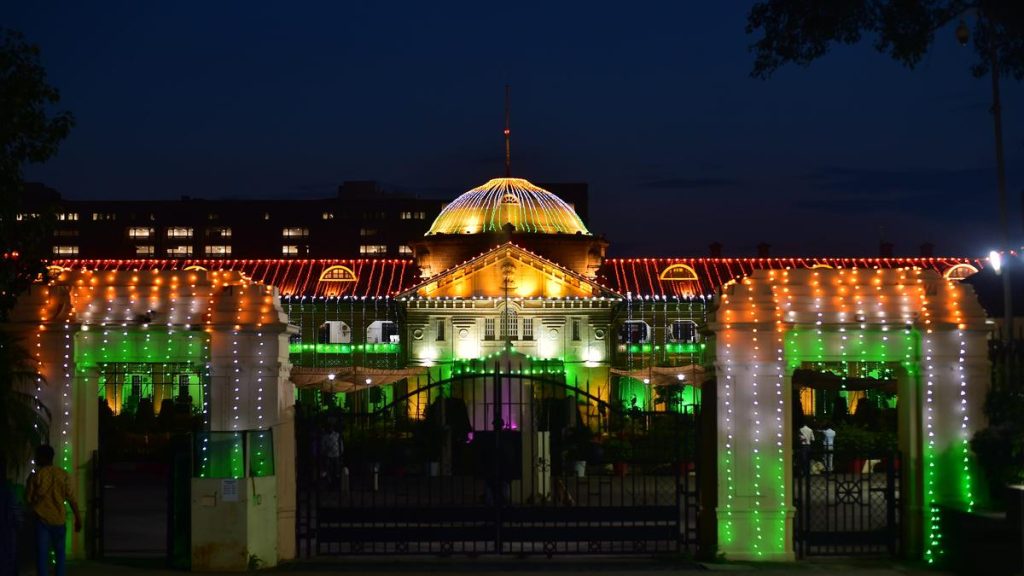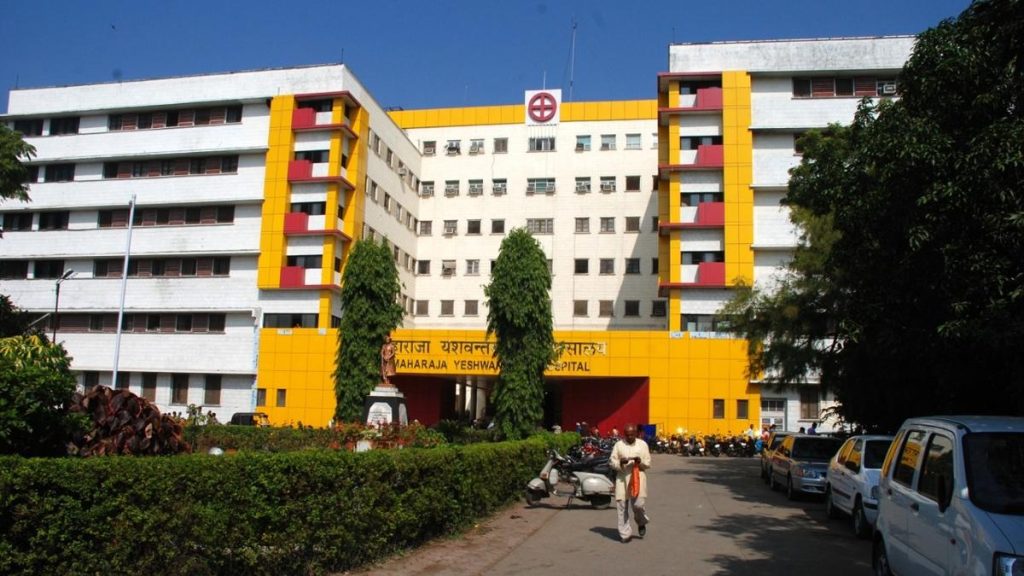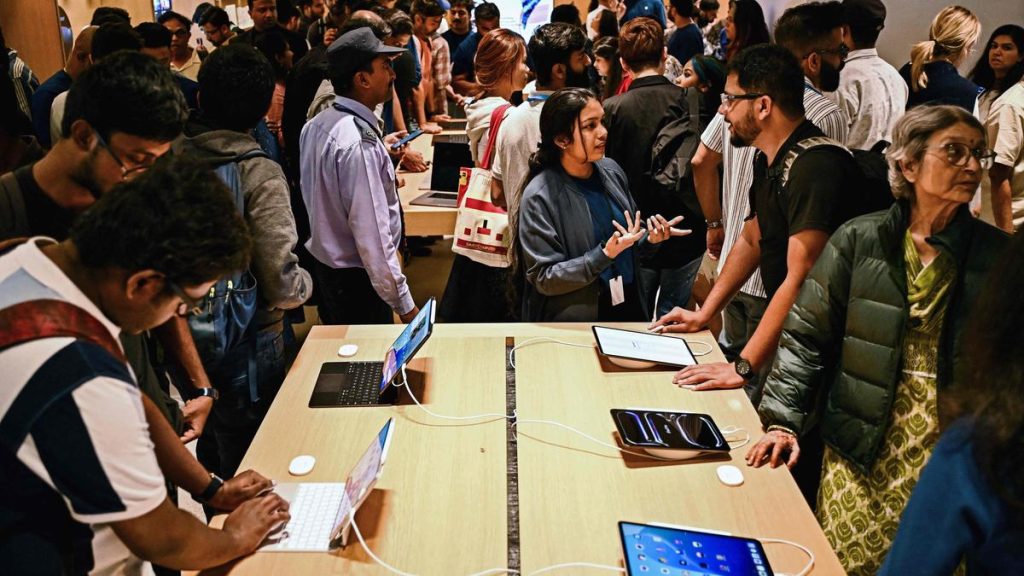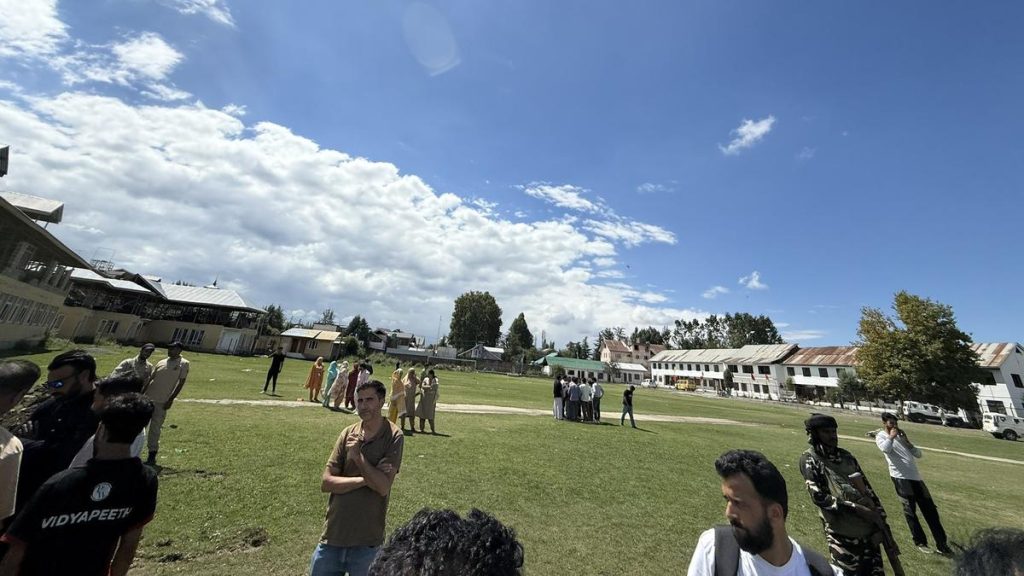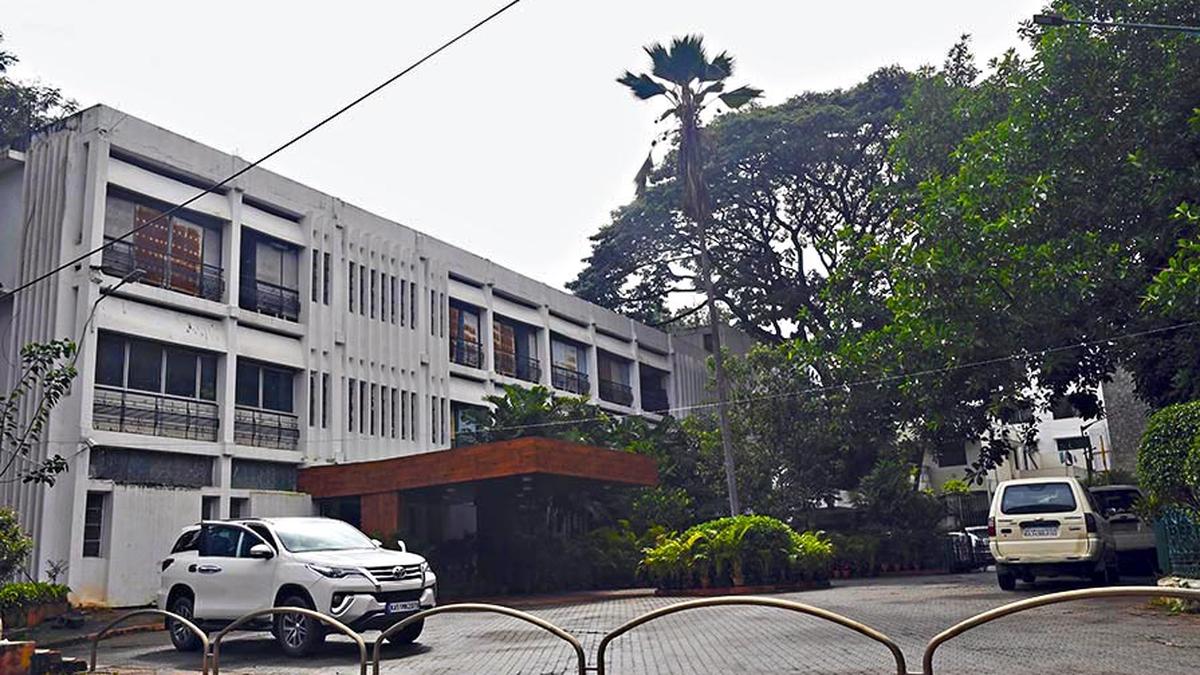Now Reading: Anna University’s 2003 Ban on Pepsi and Coca-Cola in Canteens
-
01
Anna University’s 2003 Ban on Pepsi and Coca-Cola in Canteens
Anna University’s 2003 Ban on Pepsi and Coca-Cola in Canteens
Speedy Summary
- U.S. Tariffs and Campus Ban: After U.S. President Donald Trump imposed an additional 25% tariff on India in August 2025, Lovely Professional University (LPU) in Punjab banned American beverage brands from its campus as part of a “Swadeshi 2.0” initiative.
- AAP Leader’s Statement: AAP MP Ashok Kumar Mittal stated that the measure reflects India’s refusal to succumb to unfair tactics,encouraging domestic alternatives for self-reliance.
- Historic Precedents:
– Anna University (Tamil Nadu) banned Pepsi and Coca-Cola in 2003 due to allegations of pesticide residues exceeding permissible limits. Vice-Chancellor E. Balagurusamy initiated this decision citing student welfare.
– Annamalai University followed suit after similar findings regarding harmful pesticide levels were reported.
– Tamil Nadu Chief Minister J. Jayalalithaa ordered investigations into soft drinks containing pesticide residue and warned of stringent action against contamination.
– Subsequent legal challenges led the Madras High Court to admit a PIL seeking analysis of multinational beverage contents by the government.
- Tender Coconut Campaigns & Broader Opposition: TNCC organized campaigns promoting natural beverages like tender coconut water as healthier alternatives while urging citizens to boycott MNC beverages, claiming they harm health and farmers’ livelihoods.
- Extended Support by Governments: Over time, similar bans were either initiated or supported by governments across Gujarat, Rajasthan, Madhya Pradesh, Gujarat, Tamil Nadu’s DMK leadership under CM Karunanidhi endorsed bans if implemented nationwide.
Images:
- E. Balagurusamy (Anna University VC during ban enforcement)
- TNCC president S.Balakrishnan promoting tender coconut drinking campaign
Indian Opinion Analysis
The ban on American soft drink brands at LPU follows historic patterns where concerns over foreign influence and product quality have encouraged calls for self-reliance through “Swadeshi”-style movements in India’s policy discourse and public sentiment.
While more recent motivations stem from geopolitical tensions marked by Trump’s tariffs on India, parallels can be drawn with earlier episodes-such as Tamil Nadu University’s decisions in response to health concerns-that reveal a strong cultural preference for local solutions when external events challenge sovereignty or well-being.
This latest advancement underscores broader implications about how political-economic measures shape consumer choices within institutions-a growing assertion of autonomy that resonates strongly with nationalistic aspirations like “Atmanirbhar Bharat.” However, these moves also bring critical questions about consistency across states: whether symbolic protests turn into economically viable strategies fostering healthier domestic industries remains contingent upon enduring policymaking rather than ad hoc reactions.
For further reading: The Hindu.


